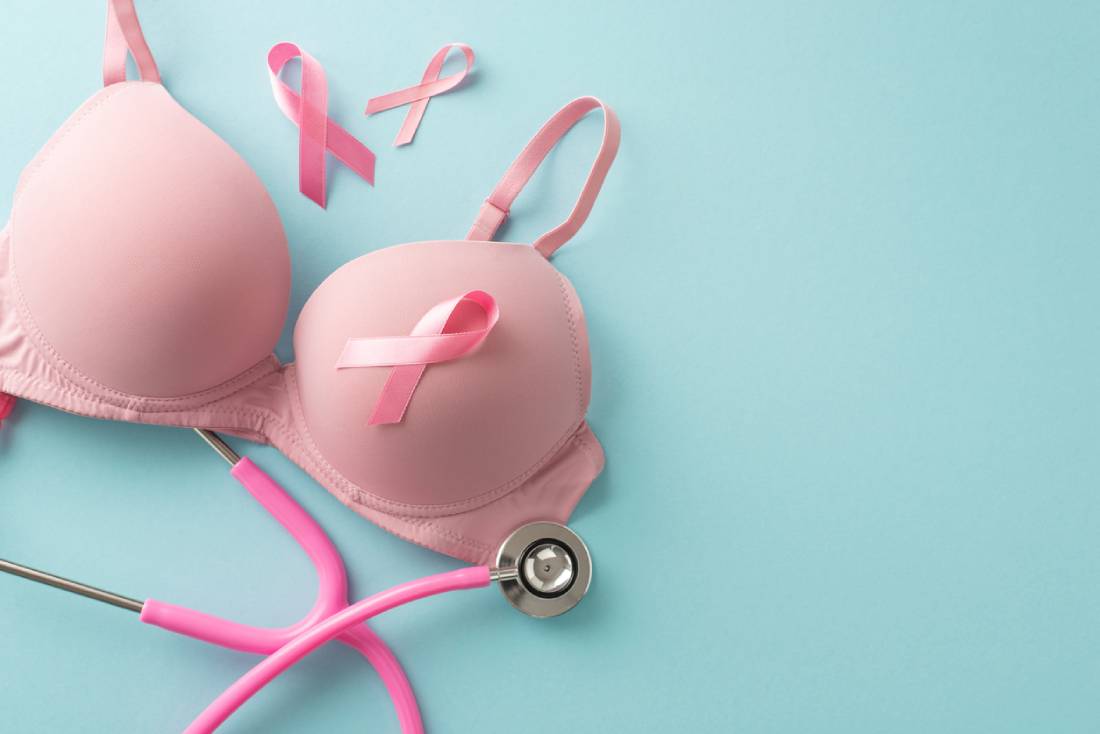Breast cancer affects millions of women across the globe every year. It is the second most common type of cancer in women in the United States. One of the key factors in the survival rate of breast cancer is early detection. Regular and early screenings can make treatment much more successful. Understanding your risk is essential and should be discussed with your medical provider. You may wonder, when should you start getting breast cancer screenings?
When Should You Start Getting Breast Cancer Screenings?
Breast cancer screenings are a vital diagnostic tool for women’s health. It involves checking a woman’s breasts for cancer. It is intended to find the early signs of breast cancer before any symptoms appear. Early detection through breast imaging improves your chances of surviving a breast cancer diagnosis. When you should have your first screening depends on your level of risk. Consider the following information and talk to your doctor about when you should get your first screening.
Women at an Average Risk For Breast Cancer
Those who are at an average risk of breast cancer should get their first mammogram by age 40. Annual screenings should be a part of the healthcare routine until age 55. If you remain at an average risk through age 55, you can drop down to getting a mammogram every two years. This decision is often dependent on your personal preference. It is important to talk with your healthcare provider about your preference and their recommendations for screening.
Women with an Increased Risk For Breast Cancer
Assessing your risk for breast cancer depends on several factors. Common factors include your age, personal health history, and your family health history. It is critical to speak to your primary care provider to see when you should get your first breast cancer screening. Some women need to be screened as early as 30. This is due to factors that increase the risk of breast cancer,
Several factors can increase your risk of breast cancer. This includes a family history of breast cancer, most notably in your immediate family. People with specific genetic mutations, such as BRCA1 or BRCA2, are also at an increased risk. A personal history of breast cancer or other breast conditions is also a risk factor. Consider these factors and determine when and how often you should get screened by your doctor.
Reducing Your Risk for Breast Cancer
Regular screenings are a necessary part of staying healthy and reducing your risk for breast cancer. Consider the following and include it in your lifestyle routine.
Avoid Smoking and Excessive Drinking
Smoking increases your risk for several health issues, including cancer. It has been linked to breast cancer in younger women. Smoking also impacts your overall health in many ways. Avoid smoking or quit as soon as possible.
Excessive alcohol consumption also increases your risk for breast cancer. Drink in moderation if you do consume alcohol. Opt for alcohol-free mocktails to avoid overconsumption.
Healthy Diet and Regular Exercise
It is essential to eat a diet filled with fruits, vegetables, and lean protein. This can work wonders for your health. A balanced diet filled with high-quality nutrients can reduce your risk for several health conditions. This includes breast cancer and other chronic conditions.
Regular exercise is great for your overall health. It improves your mental and physical well in so many ways. Regular exercise can also reduce your risk for breast cancer. Combining a healthy diet with regular exercise can also help you manage your weight.
Breast Cancer Screening
If you have not had your annual mammogram, schedule it today with Pink Door Imaging!


